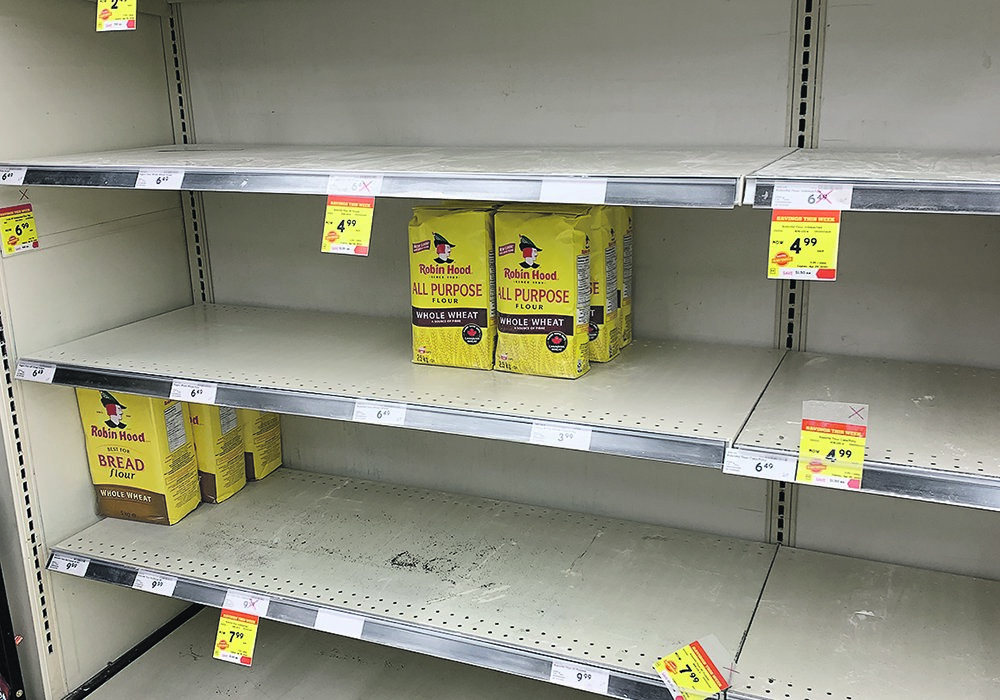Processors and others reliant on agricultural products are building shock absorbers into their systems, says a U.S. supply chain expert.
“Firms are holding more inventory, so instead of holding one week’s worth of inventory, they might hold one month’s,” said Heidi Schweizer, an economist at North Carolina State University.
“You might call it ‘just-in-case’ supply chains.”
The shock of COVID-19 has combined with the world tightness in many crop stocks to scare users into taking their own stocks more seriously, now they’ve seen how low they can run when something unexpected happens.
Read Also

Government, industry seek canola tariff resolution
Governments and industry continue to discuss how best to deal with Chinese tariffs on Canadian agricultural products, particularly canola.
That has undermined the decades-long drive for companies to slash inventory levels and rely upon the steady and predictable flow of the products they need.
“I believe a lot of people are shifting away from just-in-time inventory management,” said Schweizer during the Kansas City Federal Reserve Bank’s annual agricultural economics conference.
However, Schweizer said that shift was already underway before the pandemic.
“Certainly, this past year has added an additional jump start to that.”
Another response to the pandemic has been companies taking greater interest in their exposure to needed commodities and to ensure they are going to receive what they think they’re lining up for.
“There’s more communication between firm along the supply chain,” said Scweizer.
“The pandemic has really resulted in a big push for that in particular.”


















